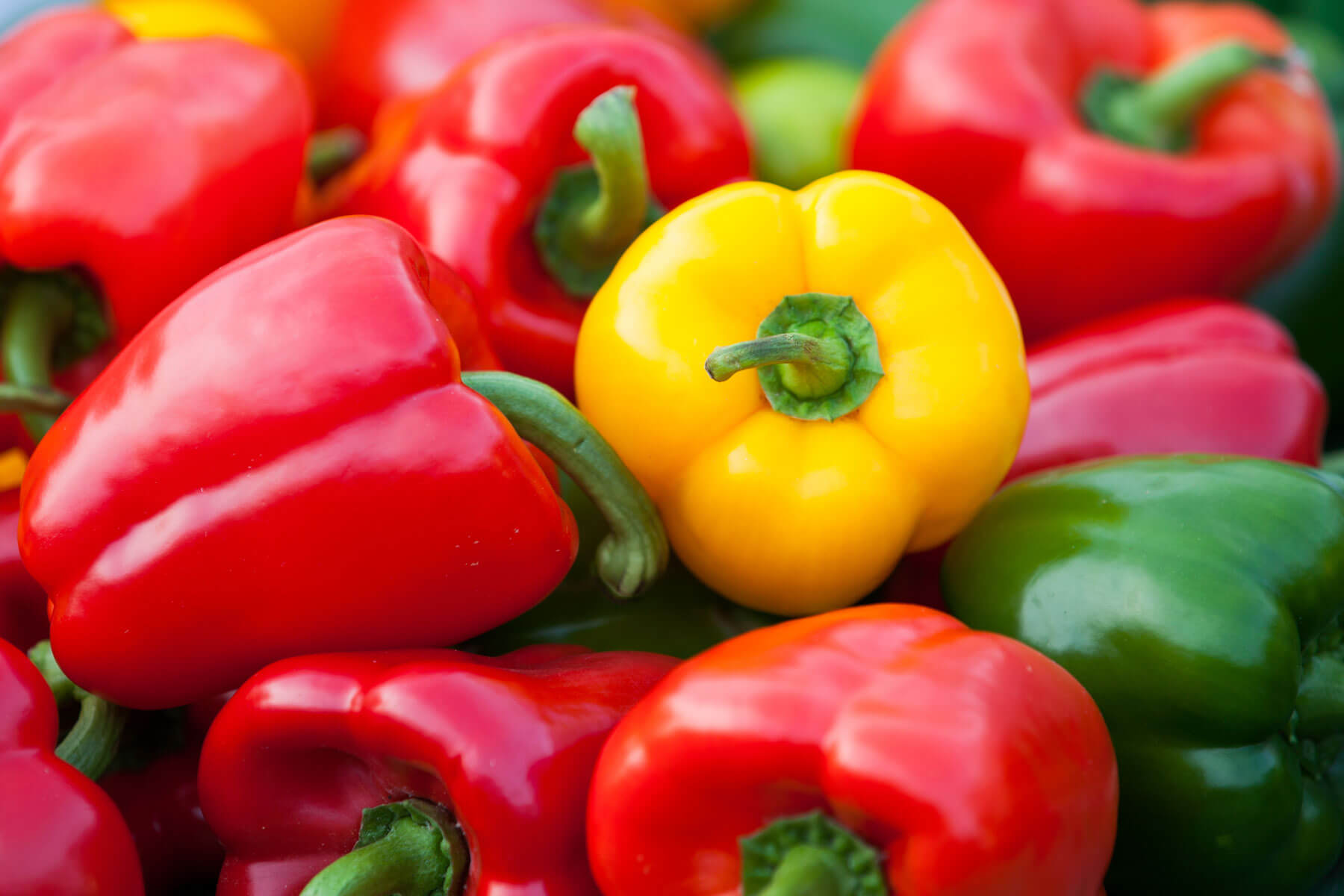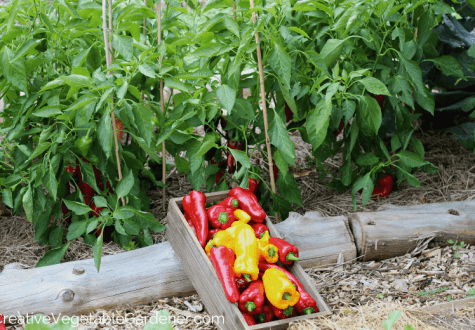Best Fertilizers for Peppers: Make The Most Of Plant Health and Yield
Best Fertilizers for Peppers: Make The Most Of Plant Health and Yield
Blog Article
How Plant Foods Play a Crucial Function in Cultivating Plentiful and healthy Pepper Crops
Fertilizers serve as the backbone of successful pepper growing, offering a strategic technique to nourishing the dirt and cultivating ideal plant growth. The detailed dance in between vital nutrients and the pepper plants' physical processes highlights the crucial role that plant foods play in ensuring a bountiful harvest.
Importance of Nutrient-Rich Plant Foods
The use of nutrient-rich plant foods plays an essential function in boosting the efficiency and high quality of pepper plants in modern farming practices. Pepper plants need a balanced mix of crucial nutrients to prosper and generate high returns of top quality fruits. Nitrogen, potassium, and phosphorus are primary nutrients that are important for the growth and growth of pepper plants. Nitrogen aids in leafed green growth and general plant vitality, phosphorus supports origin growth and blossom production, while potassium contributes to condition resistance and fruit high quality.
Inadequate degrees of these nutrients can lead to stunted growth, decreased returns, and vulnerability to diseases (best fertilizers for peppers). Nutrient-rich fertilizers provide a targeted service to make certain that pepper plants receive the needed elements for ideal development and performance. Furthermore, these fertilizers aid boost soil fertility over time, producing a sustainable atmosphere for lasting pepper farming
Enhancing Plant Growth and Advancement
To optimize plant development and advancement in pepper plants, tactical application of nutrient-rich plant foods is essential. Fertilizers play a critical function in improving the total health and wellness and productivity of pepper plants by supplying them with vital nutrients that may be doing not have in the soil.
In enhancement to these macronutrients, trace elements such as magnesium, iron, and zinc are also vital for the correct performance of various plant processes. Iron, as an example, is needed for chlorophyll manufacturing, which is vital for photosynthesis and overall plant development. Zinc plays an essential function in enzyme activity and hormonal agent synthesis, affecting plant growth and advancement at a cellular level. Magnesium is vital for the formation of chlorophyll and general power transfer within the plant.

Boosting Condition Resistance With Fertilizers
By strategically integrating targeted plant foods, farmers can strengthen the illness resistance of pepper plants, making sure optimum plant health and productivity. Plant foods having crucial nutrients like phosphorus, nitrogen, and potassium play an essential role in strengthening pepper plants' immune systems, making them a lot more durable to various diseases.

Taking Full Advantage Of Pepper Return Through Fertilization
Making use of a balanced fertilizing method is key to attaining optimum pepper return and making sure optimal crop performance. By offering peppers with the best nutrients at the best time, farmers can substantially enhance their yield possibility. Nitrogen, phosphorus, and potassium are vital components for pepper development, with nitrogen assisting in fallen leave and stem advancement, phosphorus supporting origin growth and flower formation, and potassium promoting overall plant health and wellness.
To make the most of pepper yield, it is essential to conduct soil examinations to determine existing vitamins and mineral degrees and recognize any kind of deficiencies that require to be resolved. Based upon these outcomes, farmers can create a tailored fertilization plan that fulfills the certain needs of their pepper crops. Furthermore, correct fertilization techniques such as split applications throughout the expanding period can ensure constant nutrition schedule for the plants.

Sustainable Plant Food Practices for Peppers
In taking into consideration lasting plant food techniques for peppers, it is necessary to concentrate on long-lasting dirt health and wellness and ecological stewardship combined with taking full advantage of crop productivity. Lasting fertilizer practices intend to enhance or keep soil fertility while decreasing damaging environmental effects. One key approach is using natural plant foods such as garden compost, manure, or cover plants, which not just supply advice vital nutrients to the peppers but additionally add to soil framework and microbial activity. These organic alternatives aid construct organic issue in the dirt, boosting its ability to preserve water and nutrients, consequently supporting long-term crop wellness and resilience.
In addition, advice precision agriculture methods, such as dirt screening and targeted nutrient applications, can help optimize fertilizer usage, guaranteeing that peppers receive the nutrients they need without excess drainage right into waterways. This not just benefits the setting by reducing contamination but also saves costs for farmers by minimizing waste. By adopting sustainable fertilizer methods, pepper growers can safeguard the wellness of their crops, soil, and bordering communities for future generations.
Conclusion
Finally, plant foods are essential for growing plentiful and healthy pepper plants. best fertilizers for peppers. They provide needed nutrients for plant development and growth, boost illness resistance, and maximize return. By executing lasting plant food practices, farmers can make certain the lasting wellness of their pepper crops and add to a much more environmentally-friendly and efficient farming system
The intricate dancing in between important nutrients and the pepper plants' physiological processes highlights the pivotal role that plant foods play in guaranteeing a bountiful harvest.To optimize plant growth and development in pepper plants, tactical application of nutrient-rich plant foods is crucial. Plant foods play a crucial function in enhancing the total wellness and productivity of pepper plants by providing them with important nutrients that may be doing not have in the dirt.By tactically including targeted plant foods, farmers can bolster the disease resistance of pepper crops, guaranteeing ideal plant wellness and productivity. Fertilizers consisting of vital nutrients like nitrogen, potassium, and phosphorus play a critical duty in strengthening pepper plants' immune systems, making them extra resistant to numerous illness.
Report this page